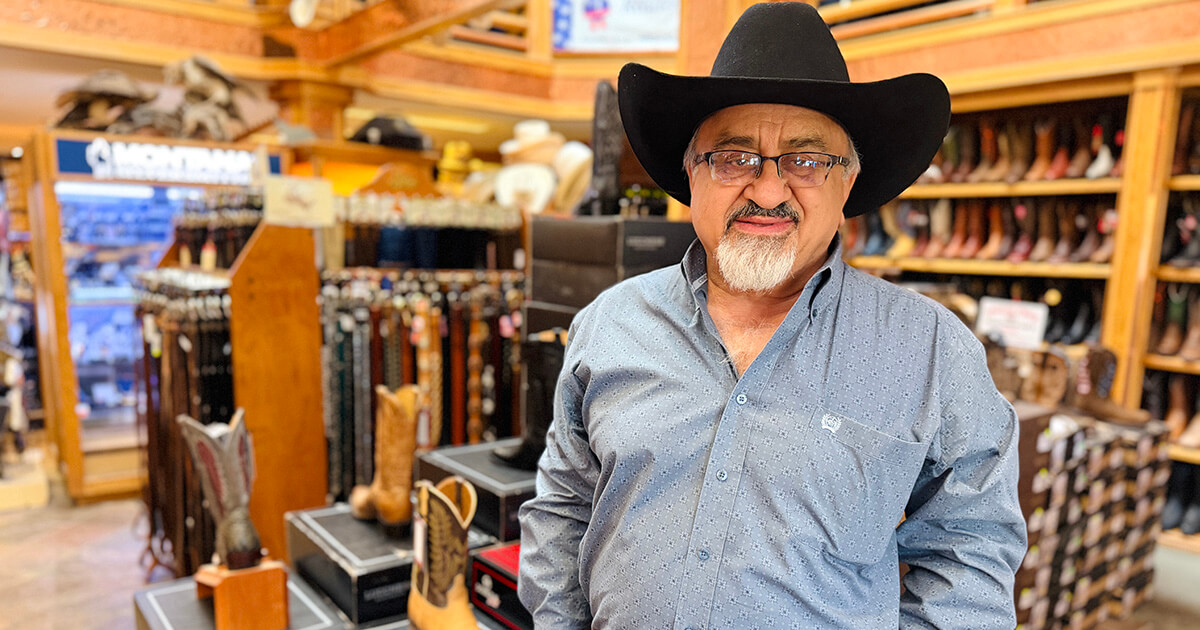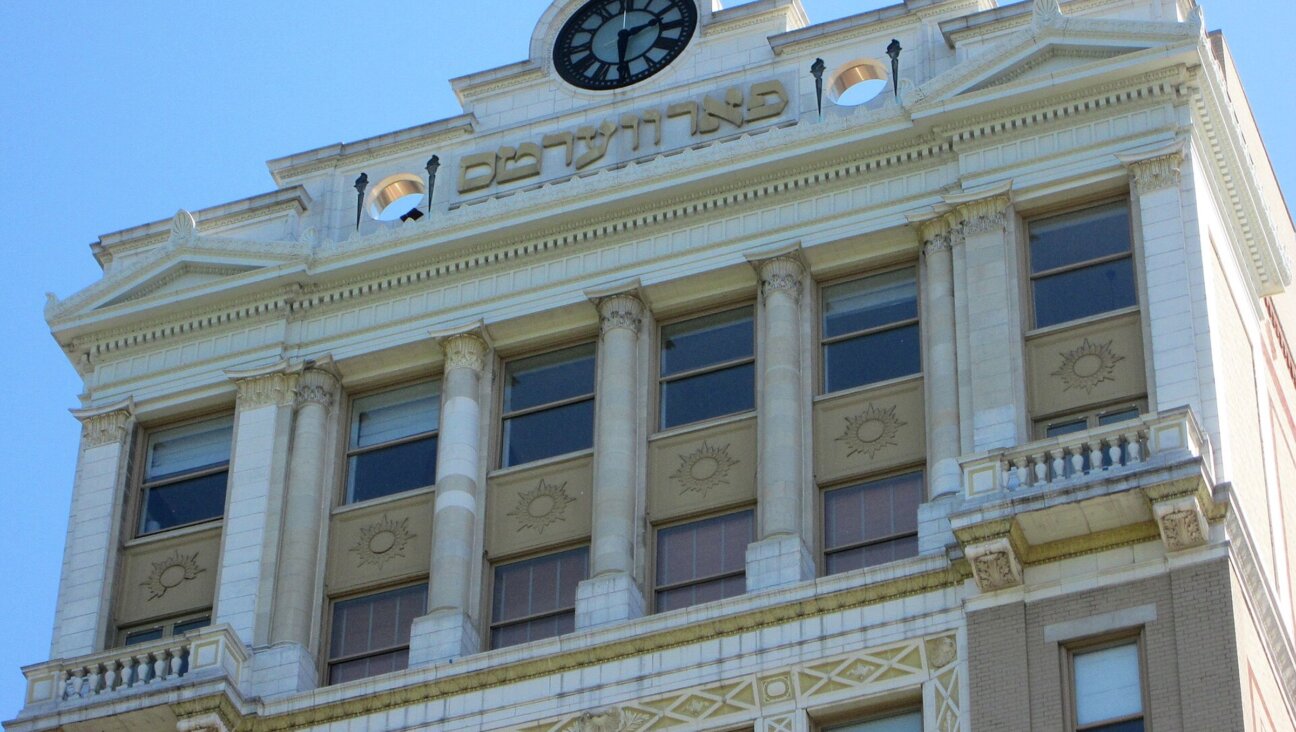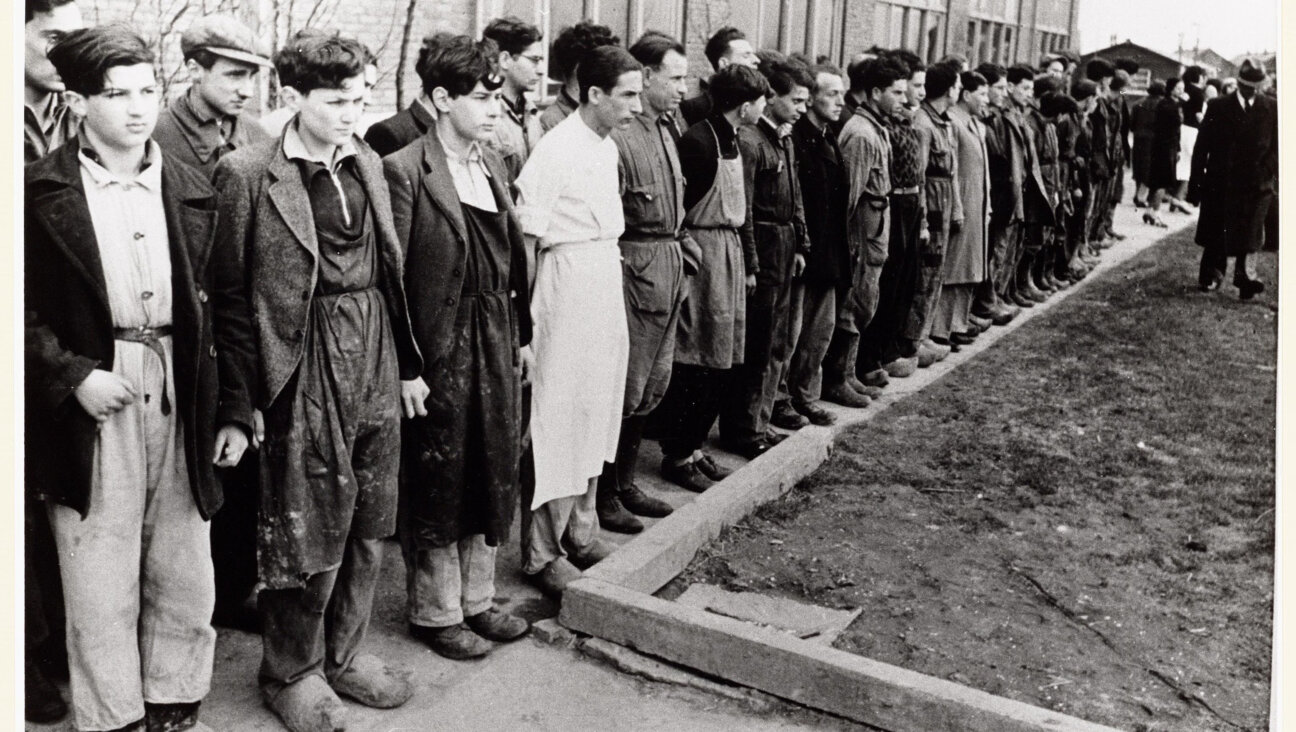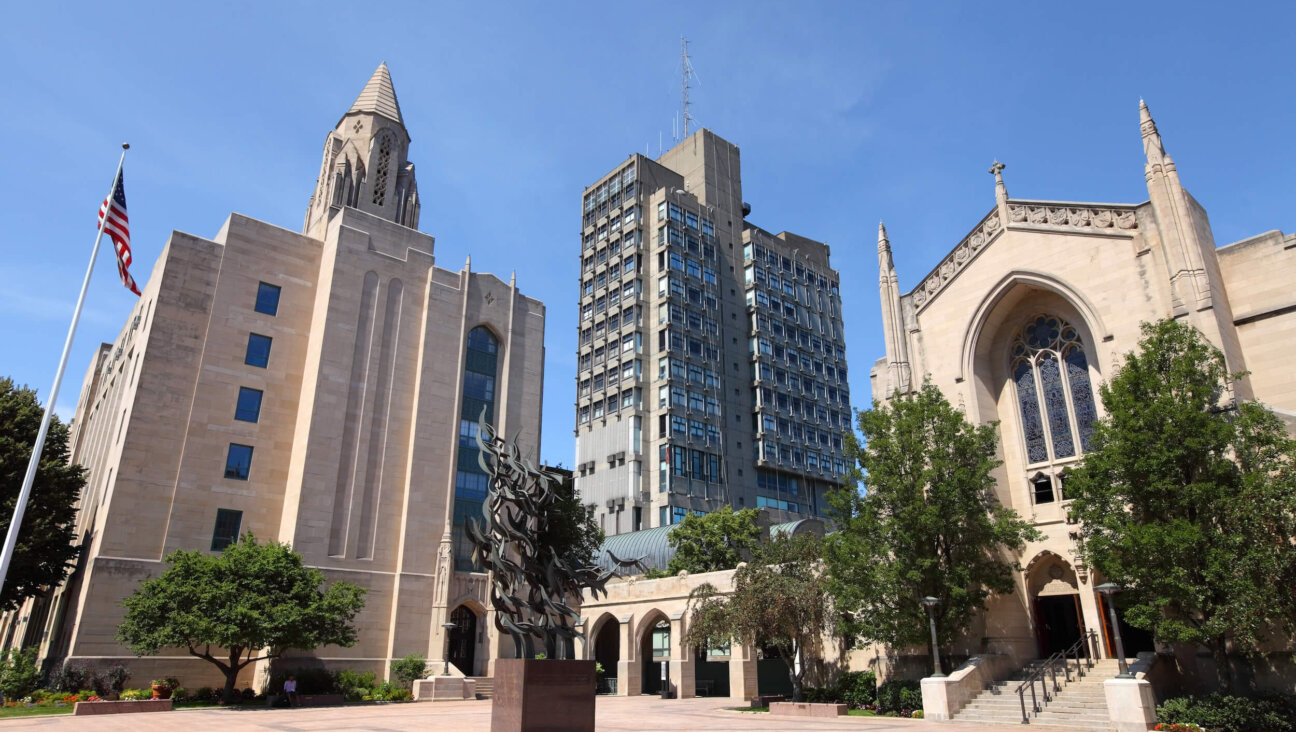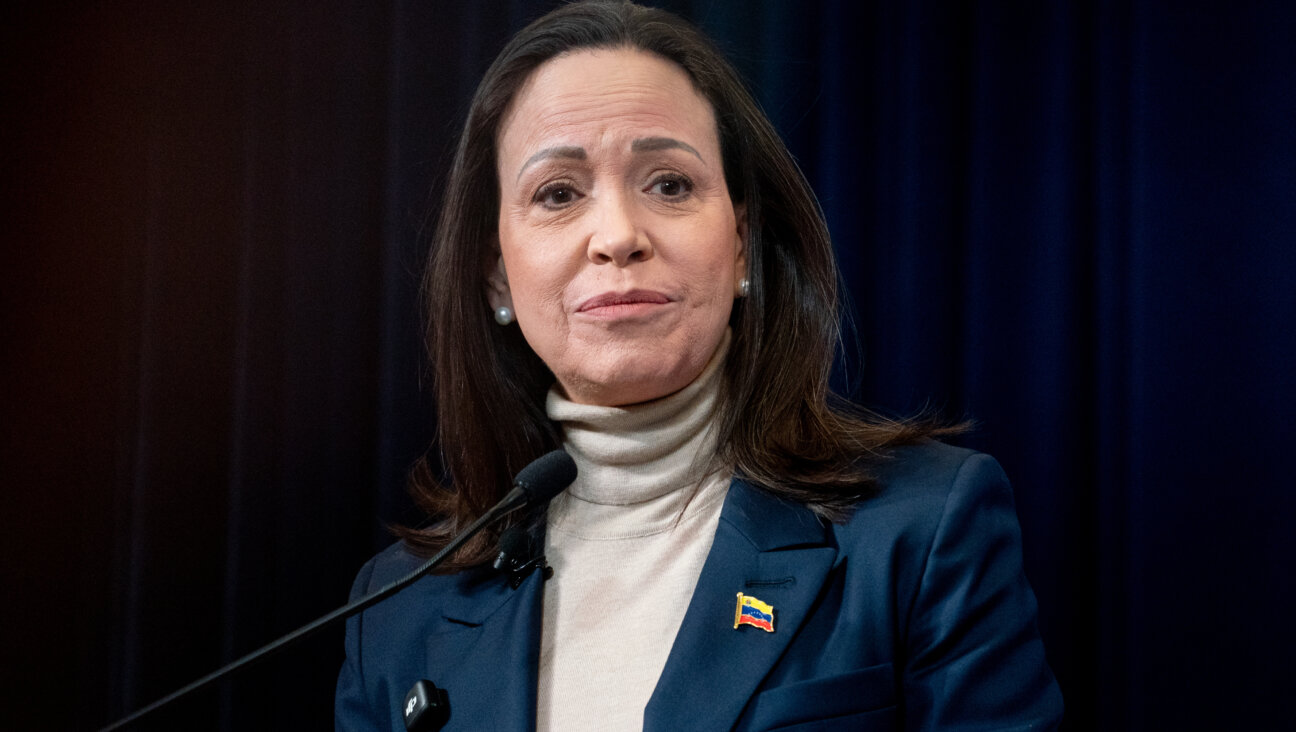An Opportunity To Look Again at Interfaith Relationships
I grew up as the model “good Jewish girl.” I attended day school. At college, I taught part time at a Hebrew school and was vice president of my university’s Hillel chapter. I even worked for the Jewish community after graduation. Yet when I started dating a Buddhist, I suddenly felt that the community that raised me did not have space for me anymore. My boyfriend was excited about Judaism; he was curious about exploring and learning more about the community and tradition. He was supportive of my creating a Jewish house for us to share. But that didn’t seem to count for much.
Unfortunately, every major Jewish spiritual institution — and most of the communal ones as well — that I turned to held to a party line that interfaith relations were to be discouraged. Some of the more progressive communities in Toronto were open to interfaith families but would not condone marriages. At nearly every service that we have attended together, we have felt uncomfortable and out of place. As I started talking to my friends about this issue, I quickly learned that many of them had also been disappointed by the Jewish community. My friends in interfaith relationships experienced similar ostracism. My gay friends complained that they felt most Jewish institutions were homophobic. Many of my progressive pals thought that their leftist political views were unwelcome in their synagogues (particularly in these days of girding for war against Iraq). Some of my friends had had such poor experiences that they no longer wanted to have anything to do with the Jewish community. Yet these were people who, like me, had grown up in the very bosom of their vibrant Jewish communities.
Today, these friends and acquaintances do not attend synagogue. They do not sit on the boards or committees of any Jewish organizations. They do not feel like they are represented or even heard by Jewish organizations and institutions. And this is not an apathetic or uneducated group. Most of my friends are self-avowed activists who participate on the boards of community-based progressive institutions in Toronto. They attend rallies and political forums. They organize protests. They belong to clubs and other extracurricular activities. They fundraise. They are young professionals who work as lawyers, social workers, accountants, public-policy bureaucrats, writers and educators. These are precisely the kind of accomplished, caring, committed individuals the Jewish community wants to reach.
The irony is that these people all miss the sense of community they experienced while growing up. They long for a place and a space that is welcoming and inclusive to Jews who have made alternative lifestyle choices but who still want a connection to their history and tradition.
One of the people I talked to about this matter was Shimon Felix, an Orthodox rabbi and the director of the Bronfman Youth Fellowships in Israel. He was sure what the answer to this problem ought to be: “Nu, what are you waiting for? Start something, Sarah. We’ll fund it.” And so it came to be. I wrote a grant application to the Bronfman Foundation for seed funding to start a Progressive Jewish Circle in downtown Toronto. We were awarded $1,500 as a start-up fund. We sent out e-mails and talked to friends. The response was overwhelming.
Last week we held our first Friday night services. Twenty people gathered in my living room. Many more sent their regrets and expressed keen interest in being informed about future gatherings. Together we welcomed the Sabbath and joined together in transliterated and translated prayers. We sang traditional melodies, perhaps somewhat off-key, but with great enthusiasm and hope. We celebrated the vision of an alternative community that we were creating. We discussed creating our own regularly held services and how we would organize and congregate. We decided that the goal of the group would be to create a welcoming, creative, inclusive, gay-positive and interfaith-friendly space for young Jewish adults (and their partners and friends) who do not feel that they necessarily fit into traditional Jewish institutions.
After dinner, I offered a dvar Torah on the significance of holding our first meeting shortly before Purim and how we can rethink and re-appropriate the Purim story. Several years ago, one of my teachers, Rabbi Michael Paley, told me it was a shame that the “twice-a-year Jews” came to synagogue only on Rosh Hashana and Yom Kippur. He postulated that if the disenfranchised Jewish population were going to pick two holiday services to attend, we would have a much happier people if they chose such celebratory festivals as Simchat Torah and Purim.
I believe we can also think of Purim in another light. Purim is essentially a story about an interfaith relationship that “saves the day.” Our Jewish community spends a great deal of time and energy thinking about issues of continuity, and as part of that discussion there is much time devoted to impeding, decrying and bemoaning modern-day interfaith relationships. In the midst of all this we have forgotten that every spring our people congregate and read the Megillat Esther, a story that shows how an interfaith relationship created the possibility for Jewish continuity. Rather than assimilation being the result, Esther was able to save her people and her faith through marrying outside of it. It is also a story about a woman coming “out of the closet” about her identity, and being loved and accepted regardless.
It is time to rethink and retell the story of Purim, to read the story of Esther as a story of Jewish feminist activism. It is a story about inclusion, continuity and hope. It is a story about a woman and her uncle seeking to change the history of the Jewish people through creative, innovative means. Perhaps it is time that the larger Jewish community begins to learn the lessons of Shushan and imagine alternative possibilities for change and continuity. Rather than continuing to ostracize those who care deeply and passionately about their Jewish heritage, it is time to welcome us back into the fold.
Sarah Flicker is a doctoral student in public health at the University of Toronto.
For additional information about the Progressive Jewish Circle, please e-mail [email protected].



